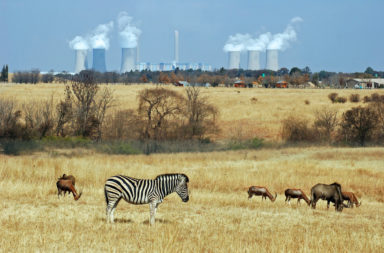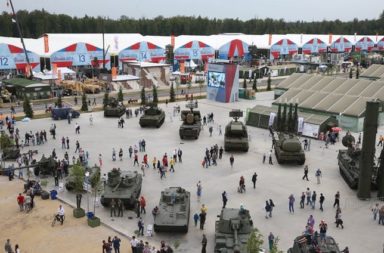On the surface, China’s ‘One Belt, One Road’ Project is a rail project designed to circumvent prohibitive air freight costs. However, a cheaper means of transporting products across Asia and Europe is just one of the many benefits the ‘New Silk Road’ could bring, for a global player with global plans.
- ‘One Belt, One Road’ project increases ties between Europe and China
- An Asian Economic Community?
- Greater Implications for Global Diplomacy
The ancient Silk Road is considered to have played an integral role in the history in the countries it straddled. From the far reaches of East Asia to Eastern Europe, as well as parts of India, Africa and Indonesia, people were able to exchange products, technologies and ideologies. The economies formed along and around its route planted the seeds of civilizations.
It is not in the spirit of levity therefore, that China’s ‘One Belt, One Road’ project has been nicknamed the ‘New Silk Road’. The enormous undertaking finally sent its first freight train from China to London on Sunday. The far-reaching railway is bound to have far-reaching effects.
The train itself travels from Yiwu West Railway Station in Zhejiang Province, Eastern China to Barking, London, a 7,400 mile journey which takes around 18 days. The route runs through Kazakhstan, Russia, Belarus, Poland, Germany, Belgium, France and now the UK.
The project will allow for the transport of goods to and from Europe, circumventing costly air travel, or time-consuming maritime transport. In turn it is hoped to strengthen the connection between China and Western Europe and, with the recent addition of Barking to the itinerary, improve Sino-British ties.
China’s grand project is indeed an attempt to boost the economy. The country experienced its slowest growth in 25 years in 2015 at 6.9% (down from 7.3% in 2014). Yet, it is not only custom that this world power is seeking.
Economic Diplomacy in Asia
China has launched the ‘One Belt, One Road’ project of its own initiative, and it seen as the perfect vehicle for Chinese businesses in their expansion in Asia. However, it is eager for it to be received as an effort between many nations driven by the prospect of developing the region.
Projects that grow along the new route will require Chinese products and services such as steel and engineering expertise, of which there is an abundance. In turn local areas will see increased enterprise (bringing jobs and education), development of infrastructure, greater use of natural resources and subsequent security. With the bounty of investment coming into these nations, there is bound to reciprocity.
With these new economic ties Chinese influence in the region is set to soar. There are 60 Asian countries involved in the New Silk Road, and if they begin singing from the same hymn sheet, a super-Asian economic community could come to the fore.
A Global Game Changer
It is clear from recent history that China is not afraid to step on the toes of other nations in its pursuit of economic gain. Its travails in the South China sea, attempting to assert dominance over disputed waters, have frequently made headlines. Russia recently entered the fray offering the Philippines assistance in manoeuvres, adding to an already complex situation involving many nations, including the US.
It’s newest initiative has already sparked concern in India as a highway to Pakistan is being planned, through highly contested Kashmir. Furthermore, the westward movement of Chinese influence will bring it into direct contact with the world’s main energy producing centres around the Persian and Caspian seas. This will undoubtedly be unsettling to major players in the region.
China sees #Kashmir dispute as obstacle to Silk Road “If India & Pakistan can resolve the #Kashmir problem, #CPEC .. https://t.co/QfOUOEBbjm
— KeenLeanGreen (@KeenLeanGreen) October 1, 2016
So as China opens up its New Silk Road from Beijing to Barking, many businesses will indeed be encouraged by the increased trade that it no doubt bodes well for. Regions along the route will look forward to brighter times. However, there will be nations observing the effects this enormous project will have on their spheres of influence with increasing unease.





